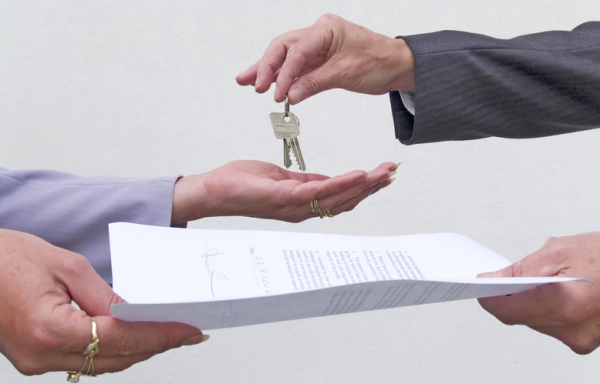Is Investing In Rental Property A Good Move
Post on: 2 Июль, 2015 No Comment

by Silicon Valley Blogger on 2012-01-26 55
Want to be a landlord? Here are some points to consider.
For those of us who are investors, real estate has been considered as a decent, long-term investment that can provide us with some reasonable level of diversification. Its historical returns have been somewhat lower than stock market returns over the long run as measured over the length of a few decades for instance, if we look at the period of time between 1978 to 2004, housing has turned in an annualized return of 8.6% (commercial real estate has delivered 9.5% in that timespan), whereas for the same time period, major stock market gauges have given us 13.4% returns. Of course, a lot has happened to these markets since then (with recent years reflecting very unusual conditions); thus, if you check the S&P/Case-Shiller Home Price Indices up to early 2012, youll see just how steep a dive and just how bloody a beating the real estate market took between 2008 and 2010. Theres been a little recovery since then, but who knows what the future will bring.
Right now, the housing market is still reeling from the massive overcorrection brought about by the subprime mortgage and lending debacle of previous years. If we can see past this, we may begin to expect average annual rates of return for real estate to stabilize because our expanding population will always need roofs over our heads. What many investors (and particularly those who are baby boomers) believe is that rental real estate will continue to be a worthwhile investment over the years, potentially helping to provide for their living needs later in life and during their retirement years.
13 Pointers To Consider As A Real Estate Investor
Id like to share an update that may be of interest: Im finally entering the real estate market as an investor. We had that crash in 2008 and the market has stayed sluggish since. However, in property areas Ive been looking at, the home prices have plateaued and are seeing slight upticks. And for the first time in forever, the local rental market can actually provide new investors a positive cash flow in some of the more distressed areas that were hit by the property bust. Well, Im happy to say that Im forging ahead to pursue my contrarian strategy as a longer term investor in this new undertaking.
When researching the income potential on a piece of property, here are a few things Im considering. In general, you should:
- Be comfortable with your financing strategies. The bottom line here is whether you can afford to take on a significant investment that can potentially occupy a lot of your time and money (at least, while youre setting things up). If youre interested in foreclosures, my article on How To Buy A Foreclosure provides some helpful resources. The good news is that mortgage interest rates at this time have never been lower, so this is certainly a huge plus for would be investors.
If youre considering the possibility of investing in rental property, youll need to do quite a bit of research and preparation. Not everyone is suited to be a landlord, and if youre not careful, your rental property investment could lead to larger financial concerns. If you have a large mortgage obligation which you cant afford without a positive cash flow, then you may face some risks along the way.
As mentioned, one basic element youll need to consider with rental properties is the concept of cash flow. Simply put, cash flow is defined as the amount of money made on a piece of property versus the amount of money you must expend on the property. When your net income is positive (rental income minus your property-related bills), then youre minimizing your risks. On the other hand, if youre unable to meet your housing expenses with the current income youre generating from your rental real estate, then you may just be in a pickle as youve got a negative cash flow. This situation is particularly unfavorable if it lasts a while, as it could chip at your personal finances over time and make saving money nearly impossible.
Categorized under: Real Estate Written by SVB














